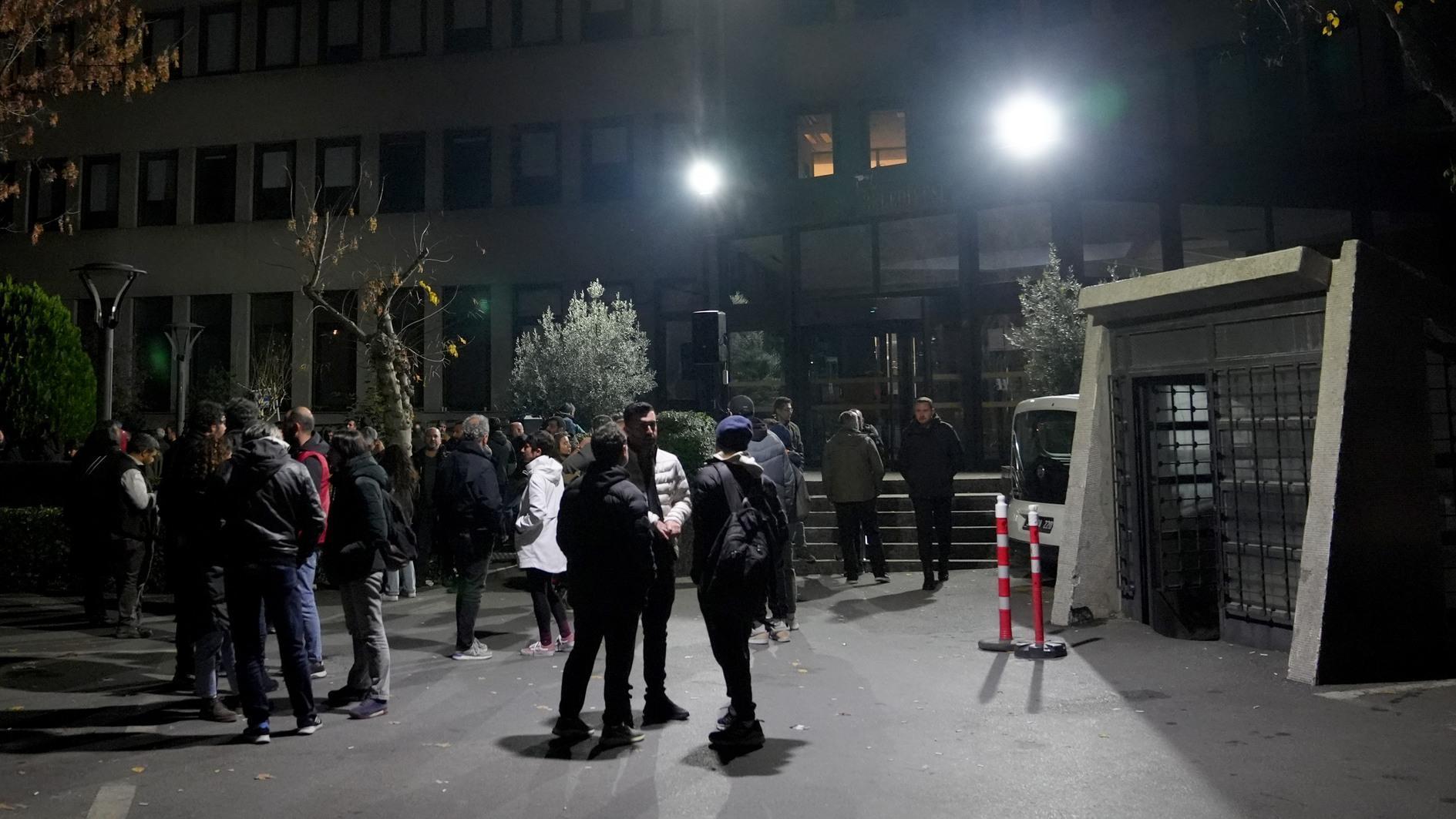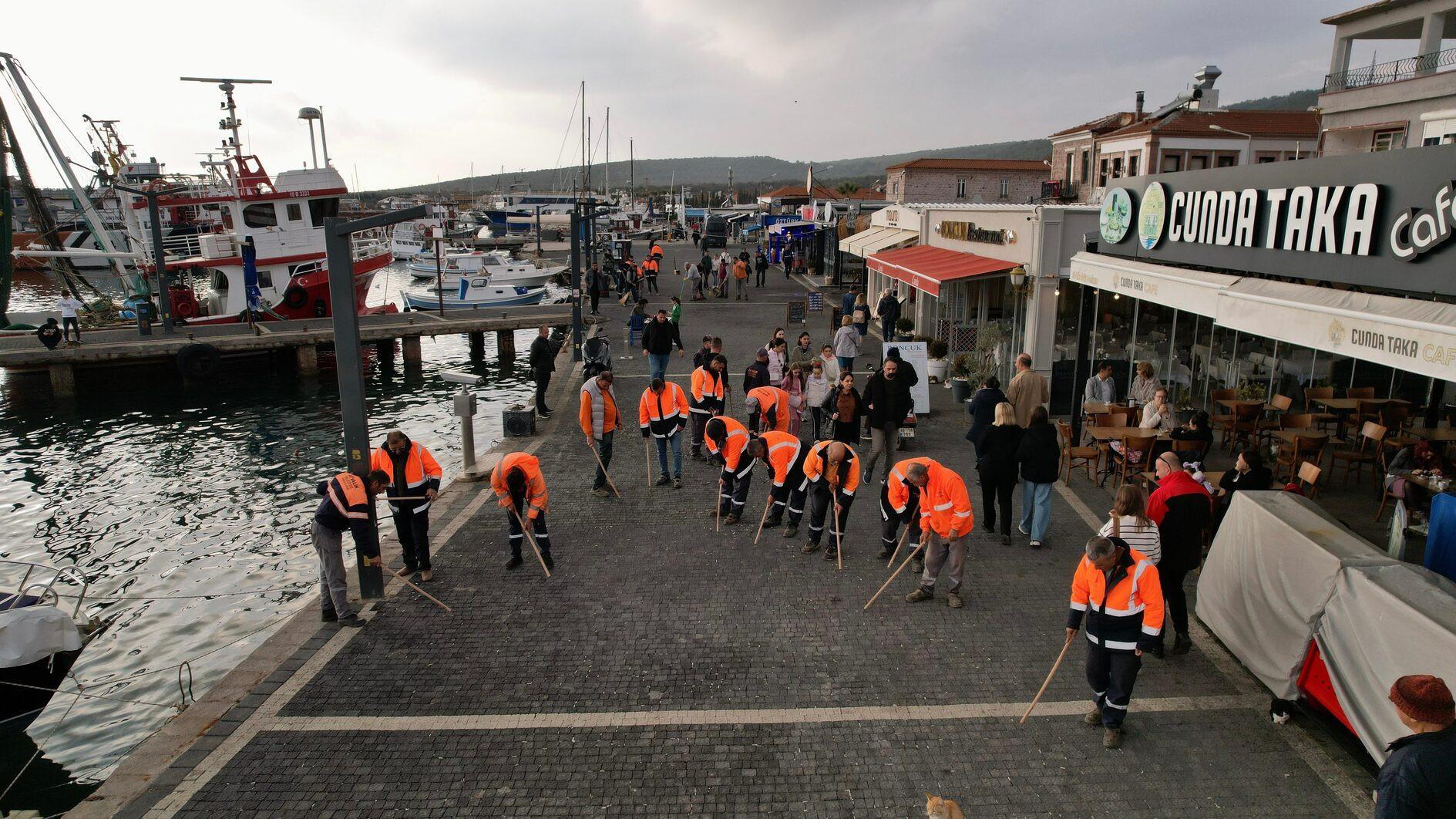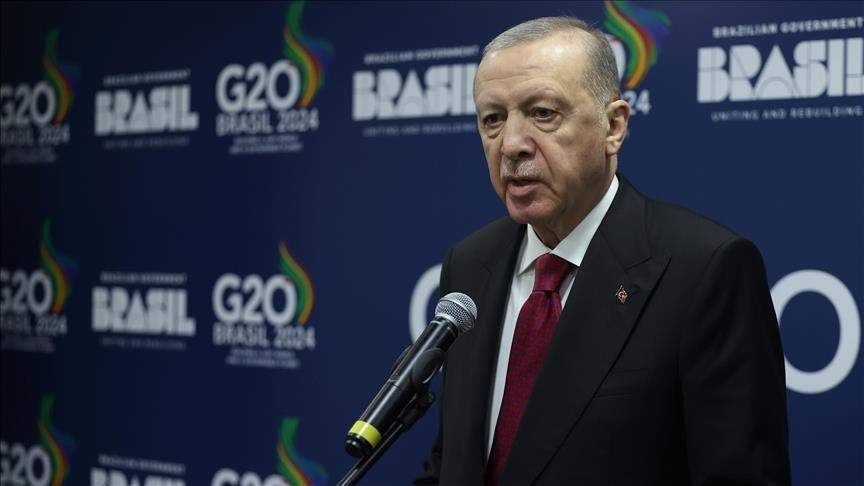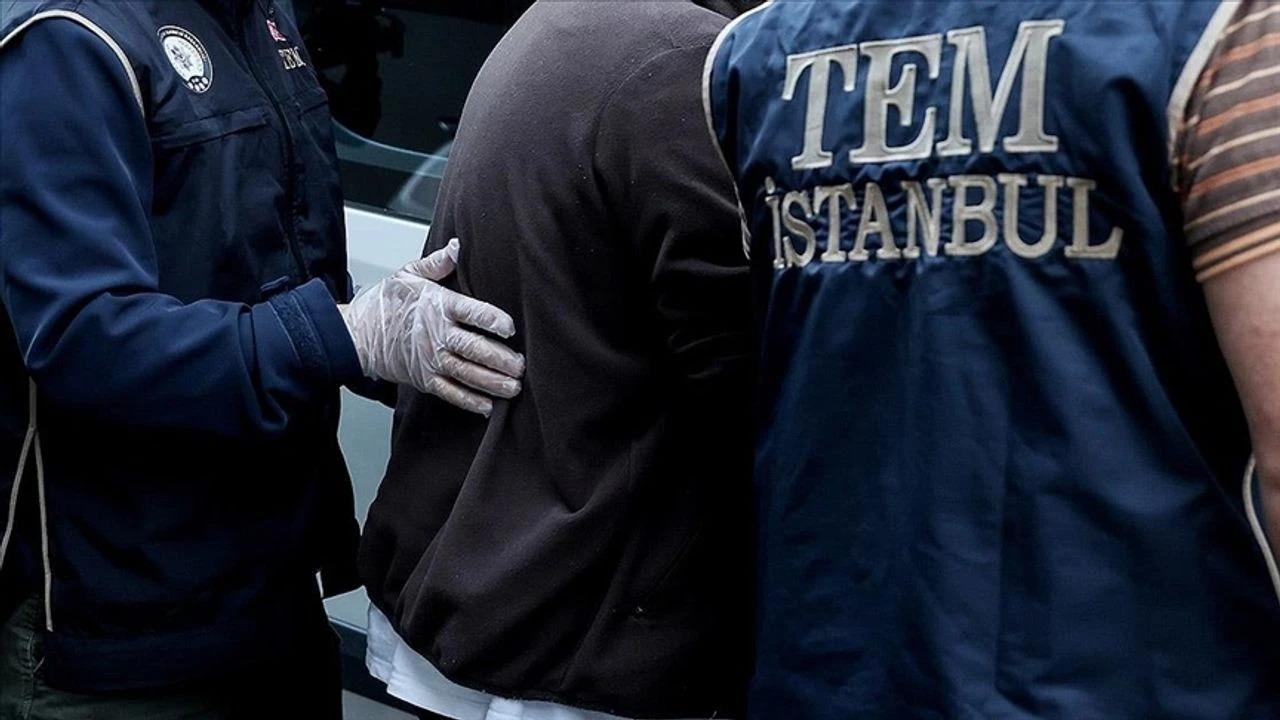FM issues warning as Iran missiles grow spillover fears
ANKARA

Foreign Minister Hakan Fidan has raised international alarm over Iran's recent missile strikes, warning that these actions, coupled with the Red Sea tensions involving the Houthi rebels, foreshadow an impending escalation of the ongoing war between Israel and Hamas.
Iran fired missiles late on Jan. 15 at what it claimed were Israeli “spy headquarters” near the U.S. Consulate in the northern Iraqi city of Irbil, and at targets linked to the ISIL in northern Syria.
Four civilians were killed and six injured after missiles hit an upscale area near the consulate in Irbil, the seat of Iraq’s semi-autonomous region, according to the security council of the Kurdish regional government.
"What is happening in the Red Sea, Iraq and Syria is a harbinger that the spiral of war that started in Gaza will turn into a bigger vortex," Fidan said during a joint press conference with his Croatian counterpart, Gordan Grlic Radman, in the capital Ankara on Jan. 16.
As fears of a wider spillover from the Gaza conflict grow, Fidan recalled his earlier prediction that the Israel-Hamas conflict could lead to "either a bigger war or a bigger peace."
Expressing dismay at certain countries pushing the situation toward a more hostile environment, Fidan pledged Türkiye's commitment to pursuing diplomatic avenues for resolution.
"We will continue our work for peace at full speed, and we will make every effort to ensure that the massacres committed by Israel are dealt with both politically and judicially in the international community," he said.
Despite "de facto support" for the war by some leading international actors, Fidan remained cautiously optimistic about progress made in fostering a language of reconciliation. "The idea that a two-state solution is essential to end this crisis is almost universally accepted," he stated.
Türkiye's top diplomat addressed concerned parties, noting that a resolution to the conflict necessitates "equal security and sovereignty" for both sides. "Approaches that only prioritize Israel's interests and postpone Palestinians' security and sovereignty will not bring peace but create a permanent crisis area in the long term," he said.
Iran’s strikes came after ISIL claimed responsibility earlier this month for two suicide bombings targeting a commemoration for an Iranian general slain in a 2020 U.S. drone strike.
Since the outbreak of the Israel-Hamas war on Oct. 7, Iranian-backed militias in Iraq have launched near-daily drone attacks on bases housing U.S. forces in Iraq and Syria, which the groups have said was in retaliation for Washington’s support of Israel, and in an attempt to force U.S. troops to leave the region.
The United States strongly condemns “Iran's reckless missile strikes” in Irbil, said State Department spokesman Matthew Miller. He said the attacks “undermine Iraq's stability.”
The full extent of the damage from the strikes could not be independently assessed.
An Iraqi security official told the Associated Press that Irbil was targeted with “several” ballistic missiles but did not give further details. An official with an Iranian-backed Iraqi militia said 10 missiles fell in the area near the U.S. Consulate. He said the missiles were launched by Iran’s Revolutionary Guards. Both officials spoke on condition of anonymity.
Peshraw Dizayi, a prominent local businessman with a portfolio that included real estate and security services companies, was killed in one of the Irbil strikes along with members of his family, according to a post on X by Mashan al-Jabouri, a former Iraqi member of parliament.
Al-Jabouri said that one of the missiles had fallen on Dizayi’s “palace, next to my house, which is under construction on the road to the Salah al-Din resort.”
Other regional political figures also confirmed Dizayi's death.
















